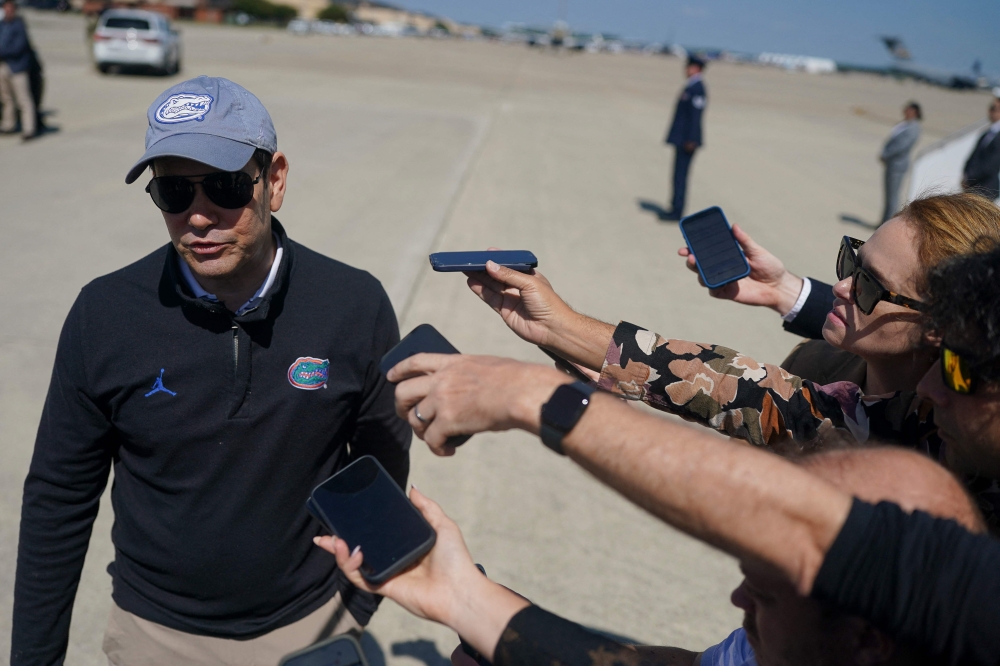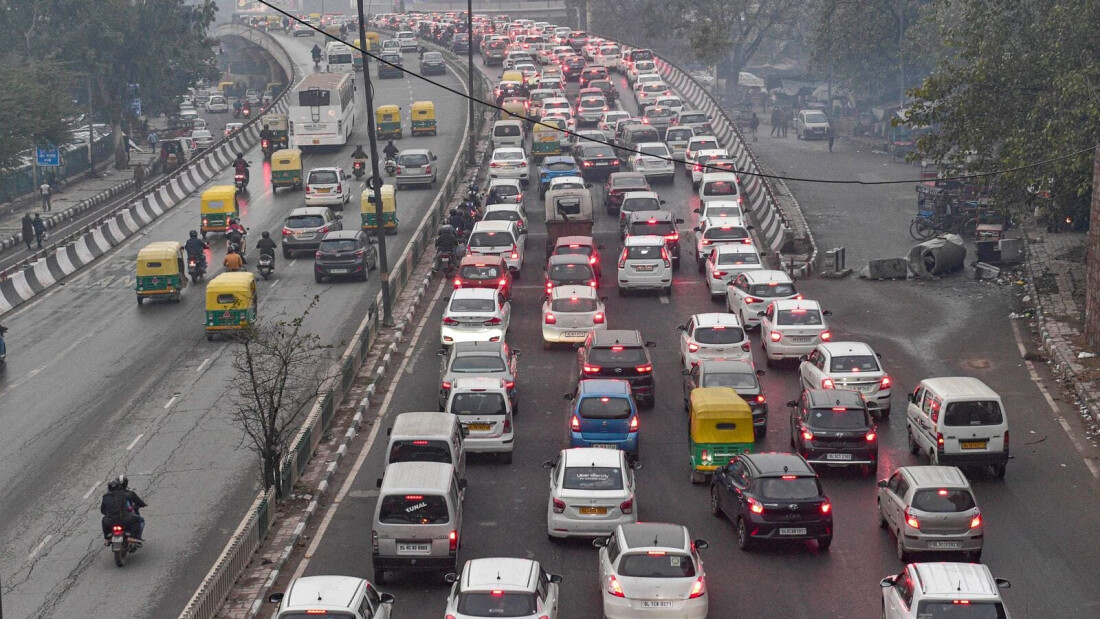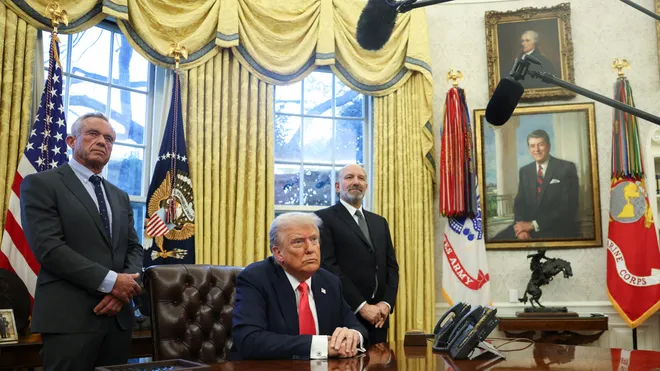JERUSALEM, Sept 14 — Hopes for a ceasefire in Gaza grew dimmer this weekend as Israeli Prime Minister Benjamin Netanyahu reaffirmed his commitment to eliminating Hamas leadership, including those based in Qatar, in what he called a necessary step to ending the war.
“The Hamas terrorists living in luxury in Qatar care nothing for the suffering of Gaza,” Netanyahu posted on X. “They’ve blocked every ceasefire initiative, dragging this war on indefinitely. Removing them is the key to bringing our hostages home and ending the violence.”
His remarks coincided with comments from US Senator Marco Rubio, who is visiting Israel. Rubio acknowledged the tensions surrounding an Israeli strike on Hamas operatives in Qatar, but emphasized that Washington’s alliance with Israel remains firm.
“It won’t change our relationship,” Rubio said, “but it raises serious questions about how it impacts ceasefire negotiations.”
A War With No End in Sight
Despite countless diplomatic efforts, a truce remains elusive. On the ground, the Israeli military has intensified its campaign in Gaza City, urging residents to flee as airstrikes continue to demolish what’s left of high-rise buildings — many of which, Israel claims, are Hamas strongholds.
But the human toll is rising. Over one million civilians are estimated to still reside in Gaza City and its surroundings, according to the UN. Food and medical aid remain severely restricted, and the UN has warned of famine conditions.
“Bombs are falling here too — the south isn’t safe either,” said Bakri Diab, a father of four who fled from western Gaza City. “We’ve been herded into crowded areas with no water, no electricity, and no peace.”
According to Gaza’s civil defense agency, 32 people were killed by Israeli airstrikes on Saturday alone. However, due to limited access and media restrictions, independent verification remains difficult.
Global Condemnation vs Strategic Alliances
Israel’s unyielding stance continues to draw international condemnation. The UN General Assembly recently voted in favor of reviving a two-state solution, in direct opposition to Israel’s current policies.
Meanwhile, France, Britain, and Germany are expected to recognize Palestinian statehood during an upcoming UN summit — a clear signal of growing frustration.
Still, the United States — Israel’s strongest military and diplomatic backer — has maintained unwavering support.
State Department spokesman Tommy Pigott underscored this ahead of Rubio’s arrival, stating, “Our focus remains on ensuring Hamas never rules Gaza again, and bringing all hostages back.”
Domestic Pressure Mounts
Back home, Netanyahu faces increasing pressure from Israeli citizens and advocacy groups demanding an end to the war. The Hostages and Missing Families Forum accused him of being the “main obstacle” to a ceasefire and accused his administration of sabotaging ongoing negotiations.
Of the 251 hostages taken during Hamas’s October 2023 attack on Israel — which claimed 1,219 Israeli lives — 47 remain in captivity, with 25 believed to be dead.
A Deepening Divide
Experts like Brian Katulis, a senior fellow at the Middle East Institute, say current US policy is unlikely to sway Israel. “There is an alarming passivity in efforts to end the war,” he said. “The administration appears more aligned with religious conservatives than Arab partners or the global consensus.”
Rubio is scheduled to visit the Western Wall with Netanyahu on Sunday — a symbolic moment that highlights ongoing solidarity despite deepening divisions on the global stage.
Meanwhile, the human cost of war continues to mount.
Behind the Headlines, Real Lives Are Shattered
It’s easy to get lost in political headlines, speeches, and international maneuvering. But on the streets of Gaza, children are growing up without homes, without safety, and without answers. Mothers carry their babies through rubble. Fathers like Bakri Diab wonder how long they can shield their children from a war they didn’t start.
Peace talks, ceasefires, and politics may shape history. But the human spirit — worn thin yet unbroken — reminds us that every headline has a heartbeat behind it.




